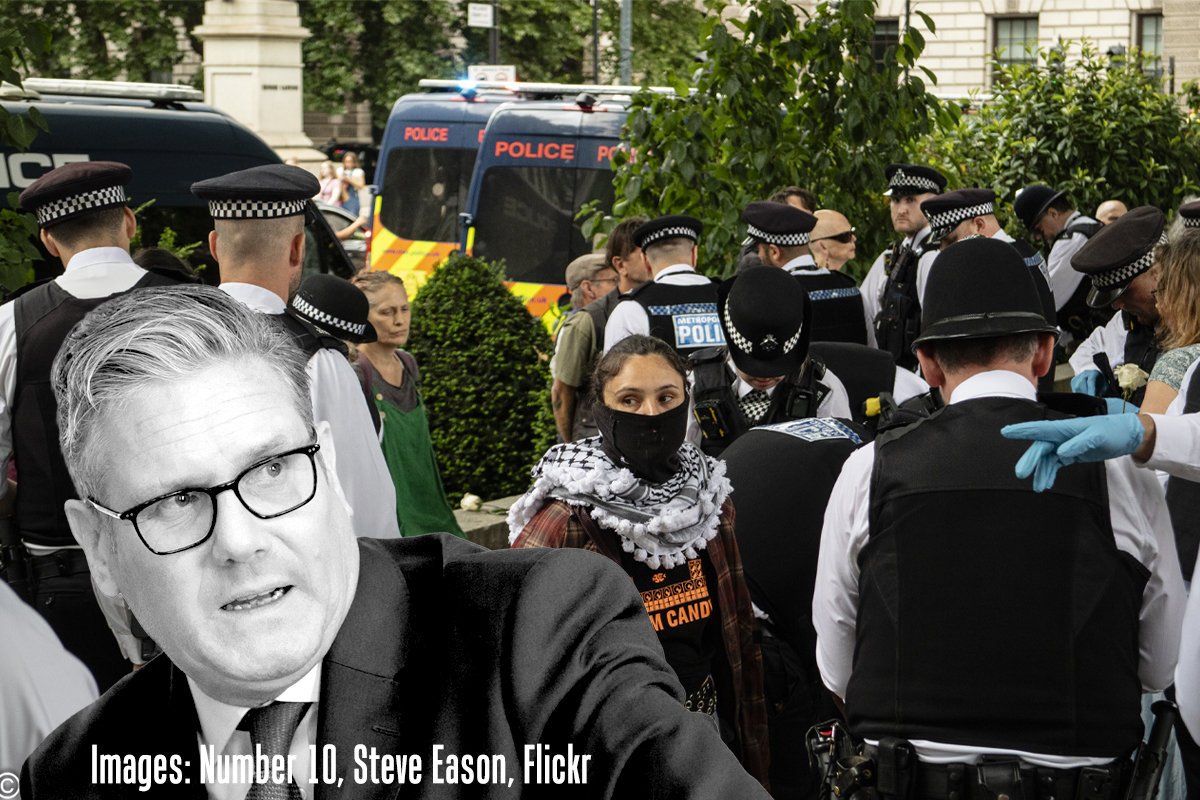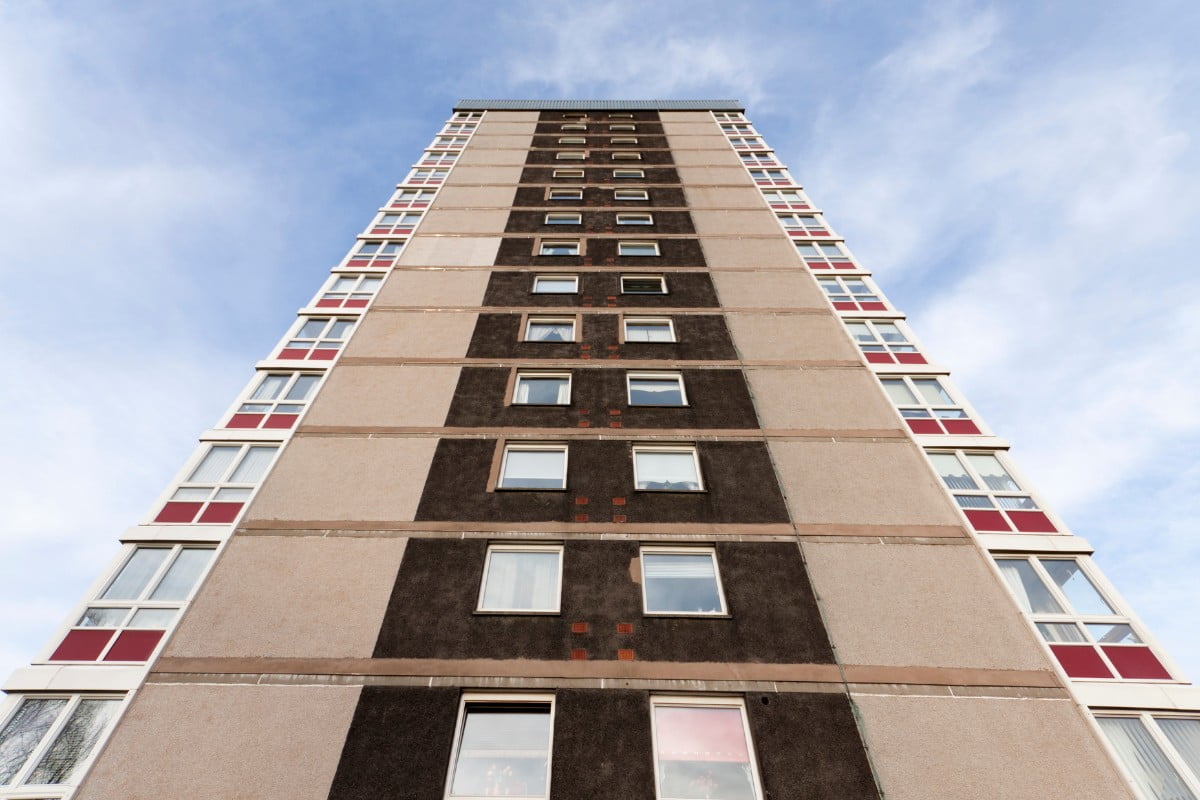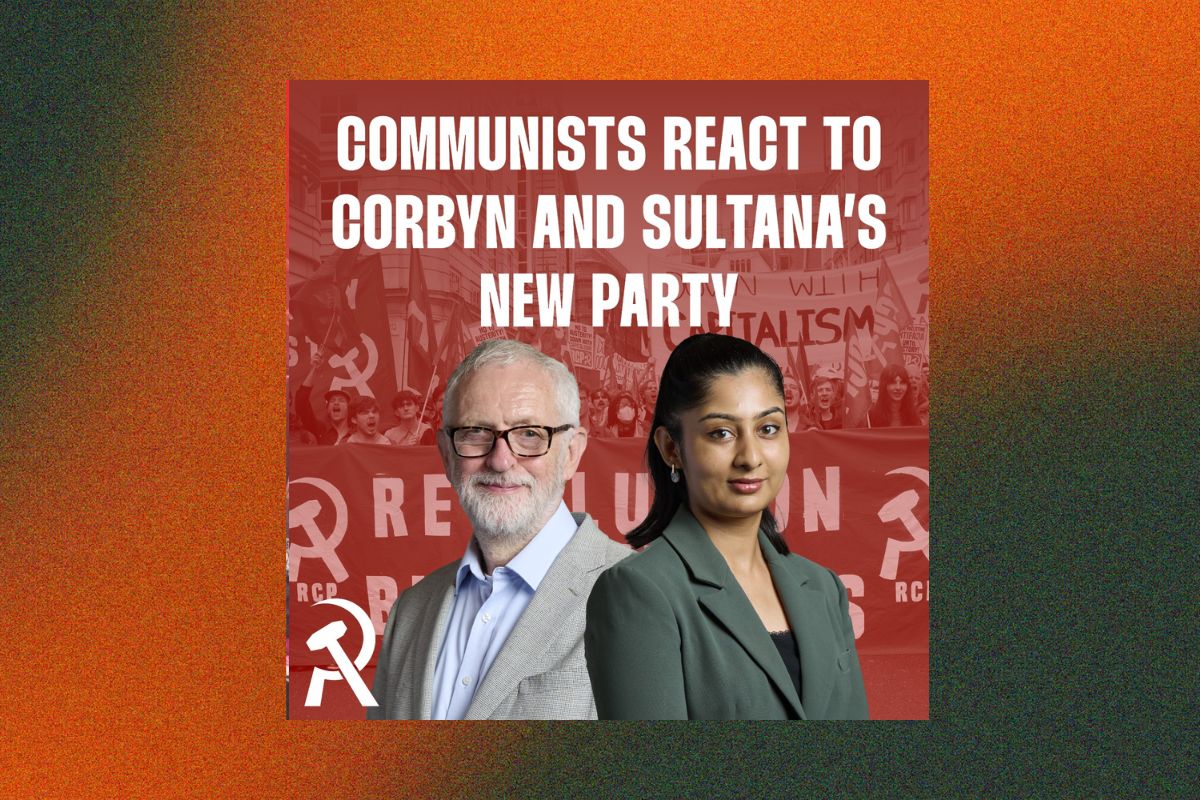Britain’s commercial television industry is in crisis. Channel 4 has announced plans to cut 150 jobs next year (from a total workforce of 1,000), and has reduced its programme budget by £25m, after already cutting £15m from last year’s budget. Britain’s newest Channel, Five, has announced 87 job cuts (nearly a third of its workforce). But one of the bleakest stories is that of Britain’s oldest commercial broadcaster, ITV. They have forecast the recent wave of job cuts to reach the 1,000 mark by the middle of this year, along with a £65m cut in their £1billion programming budget, putting an end to many popular programmes, including high-end costume dramas.
Set up in 1954 to create greater diversity in the industry, ITV became the only commercial broadcaster to boast full regional coverage, overseeing 17 regional franchises. But deregulation in the 1990s allowed mergers between ITV companies. This was quickly taken advantage of by the larger companies, who ate up all the smaller fish. By 2001, the 17 regional franchises were reduced to just two giants, Granada and Carlton, who, in a controversial merger in 2004, combined to become a single monopoly, ITV plc.
The mergers have had a devastating impact on the regions. ‘Streamlining’ of the industry has led to closures up and down the country. Among the casualties are Tyne Tees in Newcastle, Meridian in Southampton, Carlton in Nottingham, and Anglia in Norwich. Downsizing has resulted in severe job losses. ITV West’s station in Plymouth was shut down last year resulting in a loss of nearly 100 jobs, with news bulletins shrunk from 30mins to just 15mins. Tyne Tees’ factual department merged with Yorkshire’s in Leeds, which was then subsequently closed down earlier this month.
The major cause of this crisis is falling advertising revenues. Money is being spread ever thinner as more and more digital and Internet channels compete for viewing figures and advertising deals. The situation has been exacerbated by the recession. The crisis is so bad that there has even been talk of merging all three, ITV, C4 and Five. Another proposal is that C4 be funded publicly, freeing up advertising revenue for ITV. The C4 management is agitating for a slice of the BBC’s license fee income.
So, how much should we care about all these mergers? Well, aside from the devastating effect of regional job losses, TV is an important part of our culture. Britain is a diverse country, full of regional variations in language, accents, and history. The consolidation of the TV industry into fewer and fewer hands, and the closing down of so many stations has reduced programme diversity, and removed regional representation.
Worst hit has been Public Service Broadcasting (PSB), which refers to broadcasting intended for the public benefit rather than for purely commercial concerns, like news, documentaries, and cultural programmes. Our five terrestrial channels are bound by law to broadcast a certain amount of PSB. But over the past decade broadcasters have pressurised government into reducing the PSB quota. The reason for this is that it’s not as profitable. Advertisers pay more for slots in the middle of Big Brother, for example, than the news, so broadcasters want out.
This situation is made worse by the monopoly that broadcasters have over funding. About half of all programmes are farmed out to independent production companies, a sector which has also seen rapid consolidation into a handful of ‘super-Indies’. But they only make programmes that broadcasters choose to fund. So the commissioning of programmes is often based on what will attract the most advertising revenue. But chasing viewing figures with ever shrinking budgets has effectively led to a race to the bottom in terms of programme quality, with production companies adopting increasingly exploitative working practices to compete in the market. The Chairman of ITV Michael Grade sums it up when he affirmed “I am paid to deliver value for the shareholder”. What about the millions of viewers? The current crisis raises serious questions. Is it really in the interests of Britain’s population that commercial broadcasting be reduced to rubble by market forces?
So what’s the government doing? Well, not much. Communications Minister Lord Carter made a pathetic appeal for the need for advertisers to recognise their role as an “economic and social good [that] provides the wherewithal that has funded many of the social goodies that as a society we have enjoyed.” Is he really suggesting that the solution to this problem is for advertisers to be kinder hearted?!
Far from reversing the drive to reduce news, factual and cultural content, Ofcom, the TV regulatory body, is considering reducing the quota of PSB further. And, there is currently no quota at all for digital channels! We seem to be heading towards an age where news and factual programming will become a thing of the past, replaced instead by crass corporate-sponsored I’m A Commissioner – Get Me An Advertising Contract ‘reality’ shows.
Broadcasters defend this process of monopolisation, claiming that it’s the only way to prevent take-over by foreign monopolies, like Murdoch’s BSkyB. As far as capitalism goes, this is the law of the jungle. But why are we still living in a jungle? The market is clearly not capable of maintaining our TV industry. We should be completely opposed to station closures and job losses on the grounds that they are not profitable. The service should exist for society’s benefit. To control it we must surely take ownership of it. A public service owned and run by the public. Nationalise the industry and run it under workers’ control and management. Use the talents of the workforce to build the integrated communications system the 21st century requires, instead of scrapping these valuable skills and local resources. If public support and backing are good enough for the banks then it’s good enough for TV.






